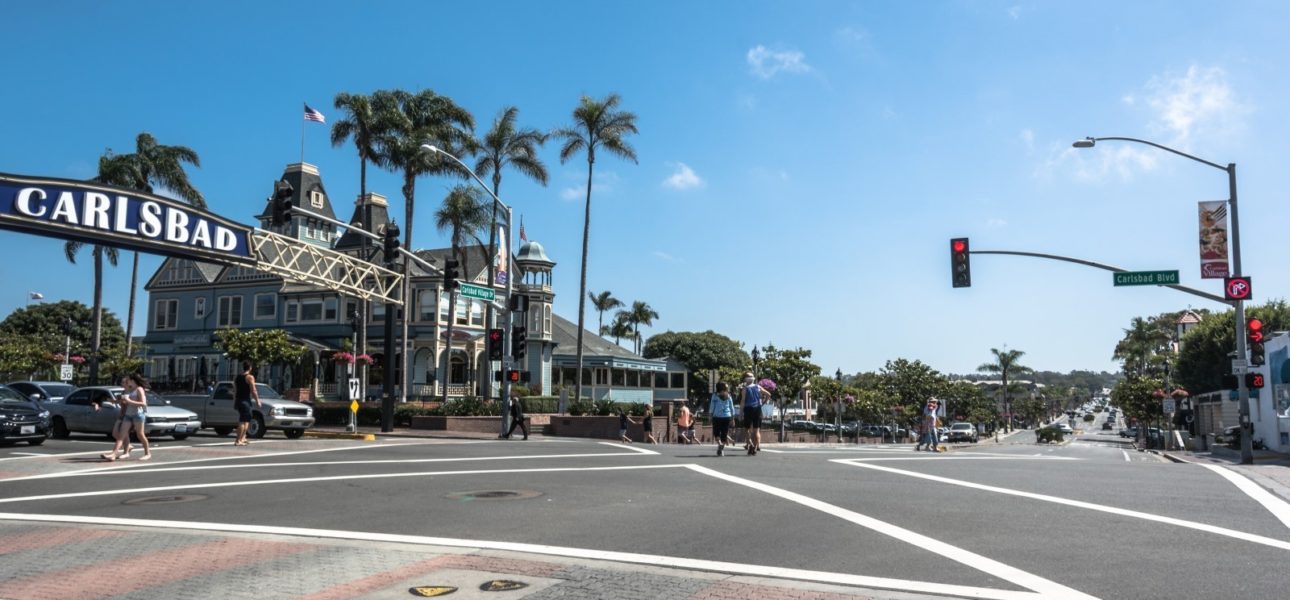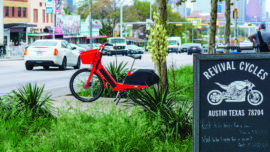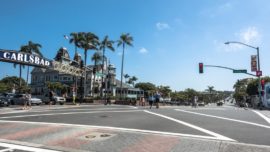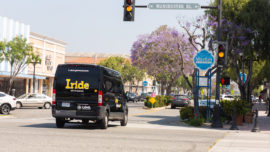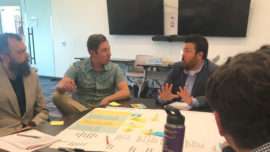The City of Carlsbad’s TDM ordinance passed in 2019 required new non-residential developments and tenant improvements exceeding 110 average daily trips to prepare and implement a TDM plan. The city needed help developing detailed guidance and launching a citywide TDM program to support the new ordinance.
Alta was hired in 2019 to assist the City of Carlsbad with implementing its new TDM ordinance that requires new non-residential projects and redevelopment projects with estimated average daily trips of 110 or more to complete a TDM plan. Alta staff worked with city staff to develop guidelines for this requirement, including the creation of a menu of options developers can choose from, a process for TDM plan development and review, and a monitoring and evaluation plan that ensures that TDM plans are being implemented and achieve the desired trip and greenhouse gas emissions reductions. Resources were created and are continuously being refined to streamline the process, including a handbook, templates, and associated tools that facilitate the TDM plan development process for applicants and integrate the TDM plan review into the overall development review process at the City.
Alta is currently performing TDM plan review on behalf of the City of Carlsbad and is conducting biannual rounds of monitoring and evaluation of completed projects.
In parallel to the ordinance work, Alta developed, launched, and currently delivers a city-wide TDM program available to all businesses in Carlsbad. The program launched the month prior to the COVID-19 pandemic, resulting in the need to immediately pivot modal strategies and associated resources. At launch, the program was instrumental in marketing and helping manage a newly launched first/last mile microtransit pilot named Carlsbad Connector. The pandemic required a complete focus on work-from-home and active transportation modal programming. Our team built a comprehensive digital eco-system, branded Balanced Work, designed to equip Carlsbad business representatives and managers with hybrid work resources. The eco-system included a library of downloadable resources, scheduling software for digital meetings, automation, and updated content throughout the pandemic. The citywide TDM program also delivered several bicycle resources including one of the first programs to focus on e-bike safety training as the demand for e-bikes for all ages swelled during the pandemic. Current work includes a carpooling campaign and resources and support for citywide and regional events, such as Bike to Work Day.

